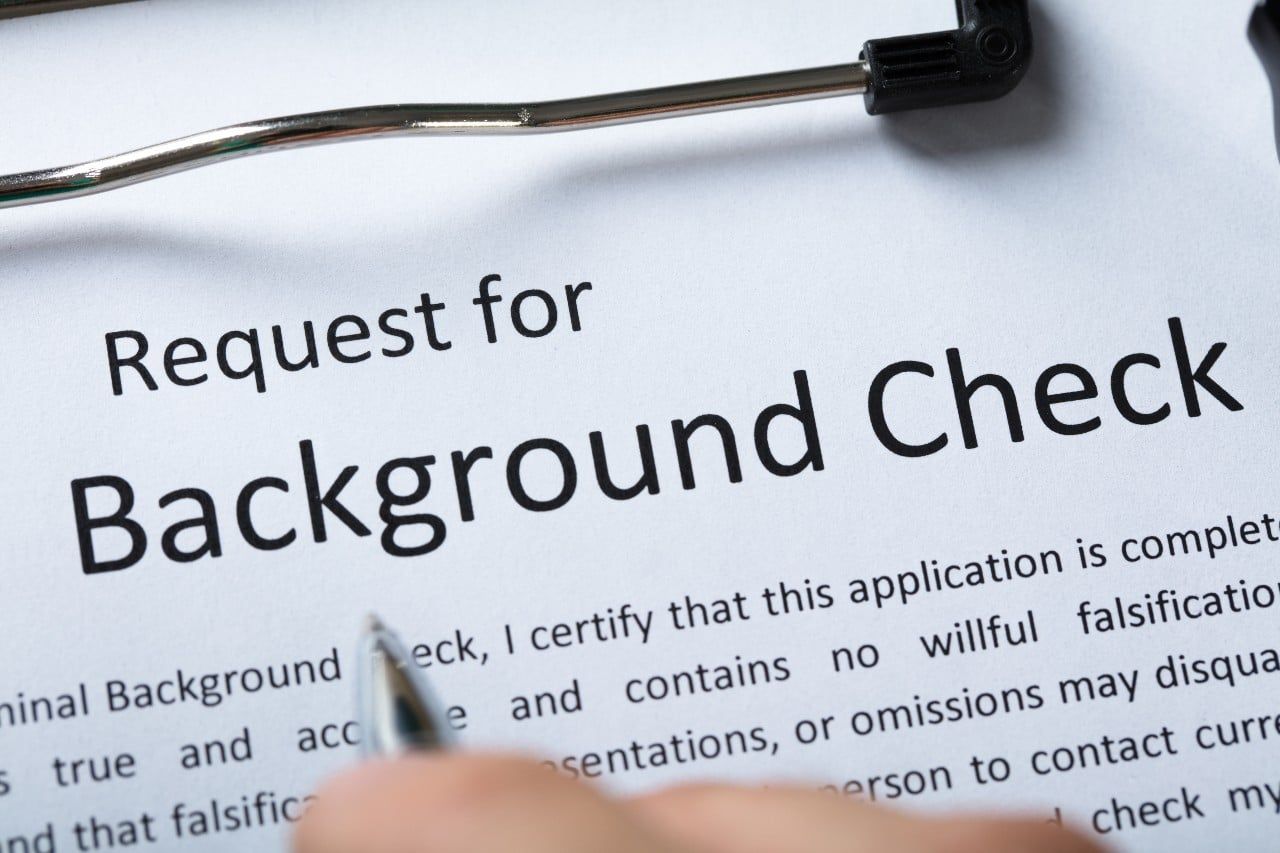 Trailing interest is another term for “residual interest,” which few consumers realize is added to their bill even if they have paid off a transaction. The practice is insidious and according to recent lawsuits, may be in violation of the issuer’s own terms of service.
Trailing interest is another term for “residual interest,” which few consumers realize is added to their bill even if they have paid off a transaction. The practice is insidious and according to recent lawsuits, may be in violation of the issuer’s own terms of service.
Law firms are currently investigating a number of credit card issuers for allegedly engaging in these unfair and deceptive practices. If you find that you have been charged interest on a balance or cash advance months after paying it in full, you may be eligible to participate in one of these investigations.
In the meantime, here are some frequently asked questions about trailing interest and credit card billing practices.
What is Trailing Interest?
Trailing, or “residual” interest
is a practice banks and card issuers play in order to squeeze every possible last drop out of their customers, even if they conscientiously pay off their balances every month. It is interest that is charged on outstanding balances that is assessed during the period that the bill is sent out and the day they receive payment.
This is why, when you look at the fine print on your monthly statement, it usually says the “payoff amount” is different from the actual balance showed as owing. Thus, even if you pay the full amount shown on your statement and charge nothing else, your card issuer will still stick you with interest on that amount the following month.
How Does it Work?
Trailing interest applies to the period between the date the statement is issued and the date the balance is paid. If the cardholder pays the balance down to zero but takes a few days or weeks to do it, they’ll be hit next month with a bill for the trailing interest.
Do All Card Issuers Charge Trailing Interest?
Not all of them. One way to determine if your credit card issuer or bank does charge residual interest is to read the back of your statement. Chances are that it will not actually use the terms residual or trailing interest. However, if there is a statement saying that finance charges “may be assessed” even if the balance is paid in full during the current billing cycle, it’s likely that residual interest fees will be added.
Is it Legal?
Different banks vary in how they administer trailing interest, and the details could affect whether their practices comply with the law or not. Plaintiffs in recent lawsuits are saying that they have been charged interest on balances paid off months before – as well as interest charges on cash advances that have been paid off in full. When this happens, it may constitute a breach of the issuer’s own contract – and can also violate state and federal consumer protection regulations.
What if I Have Been Improperly Charged Trailing Interest?
You can contact the bank or credit card company. If you cannot get a straight answer, your next step would be to contact your state’s consumer protection or financial regulatory office. A number of law firms are currently investigating consumer complaints related to trailing interest charges, so a qualified financial services lawyer help to answer whatever questions you may have.
Join a Free Credit Card Interest Class Action Lawsuit Investigation
If you were charged credit card interest months after paying off the balance of your credit card, you may qualify to join this credit card interest class action lawsuit investigation.
ATTORNEY ADVERTISING
Top Class Actions is a Proud Member of the American Bar Association
LEGAL INFORMATION IS NOT LEGAL ADVICE
Top Class Actions Legal Statement
©2008 – 2026 Top Class Actions® LLC
Various Trademarks held by their respective owners
This website is not intended for viewing or usage by European Union citizens.















One thought on Do All Credit Cards Have Trailing Interest?
Capital one bank charging interest and Kate fees after account is paid off in full online with layoff provided the day of payment. Then notified credit bureau of delinquent account then agreed to refund the lesser amount of one of two late fees charged for not paying the interest charged after account was paid in full. I went to pay the interest only and their website would only permit me to pay balance in full nothing less. Today I get an online statement that said I now have a small credit. How is this legal and now I have a negative remark in my credit history.